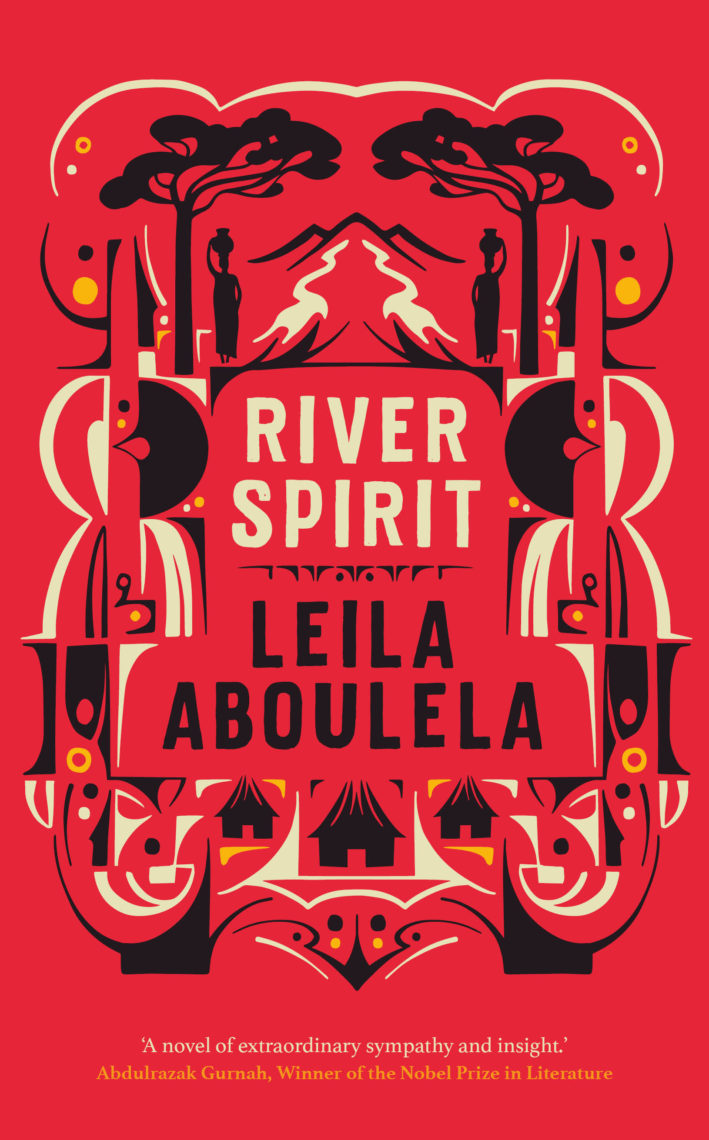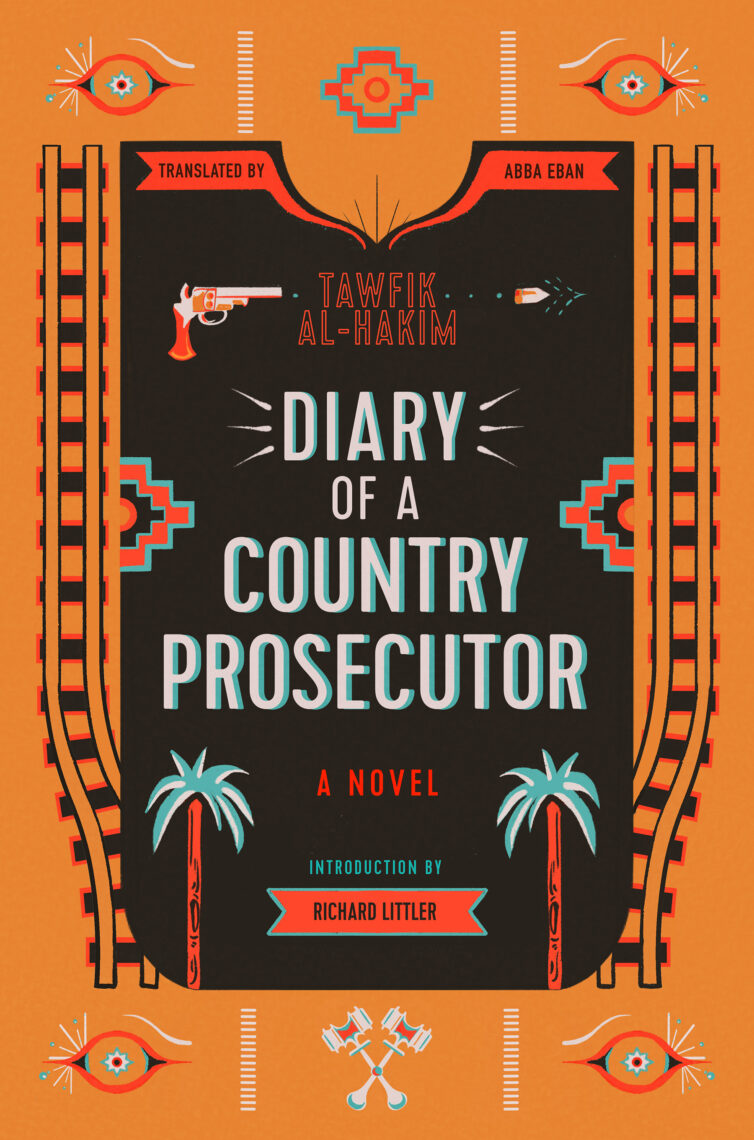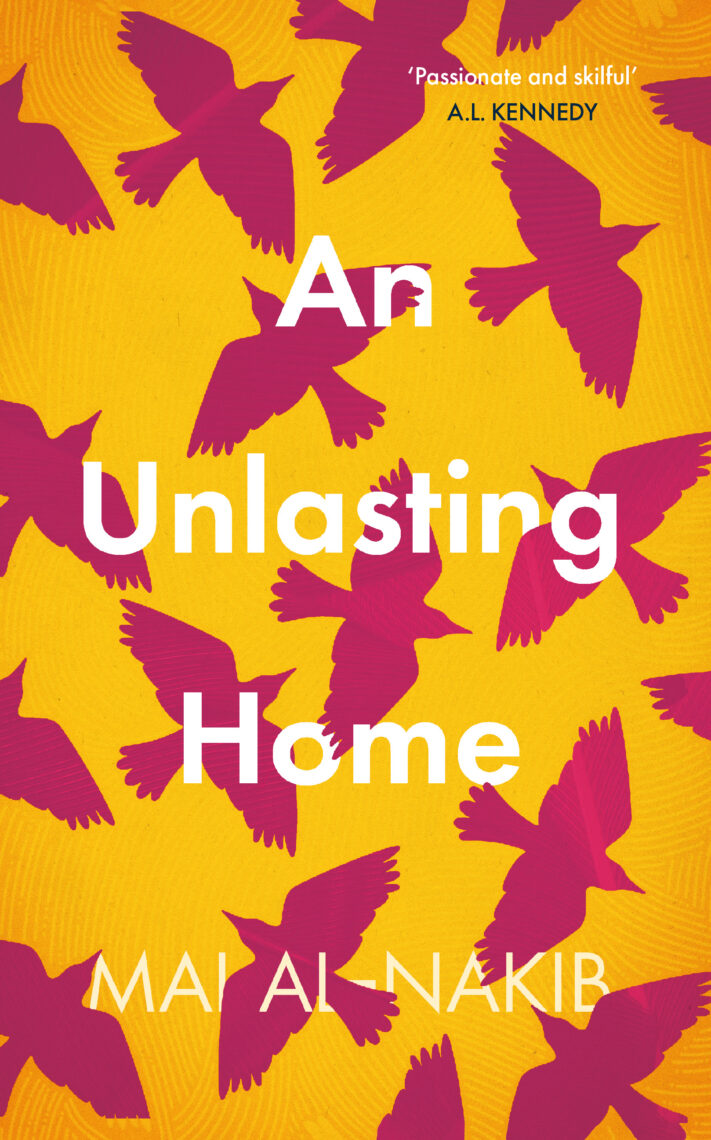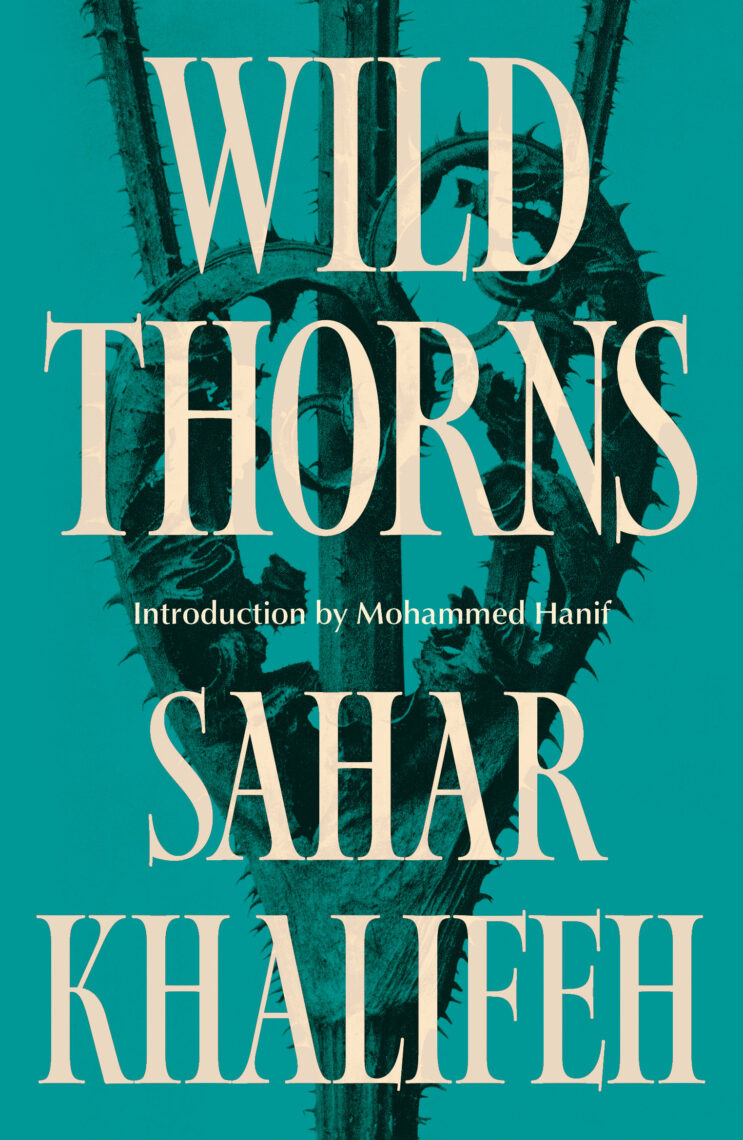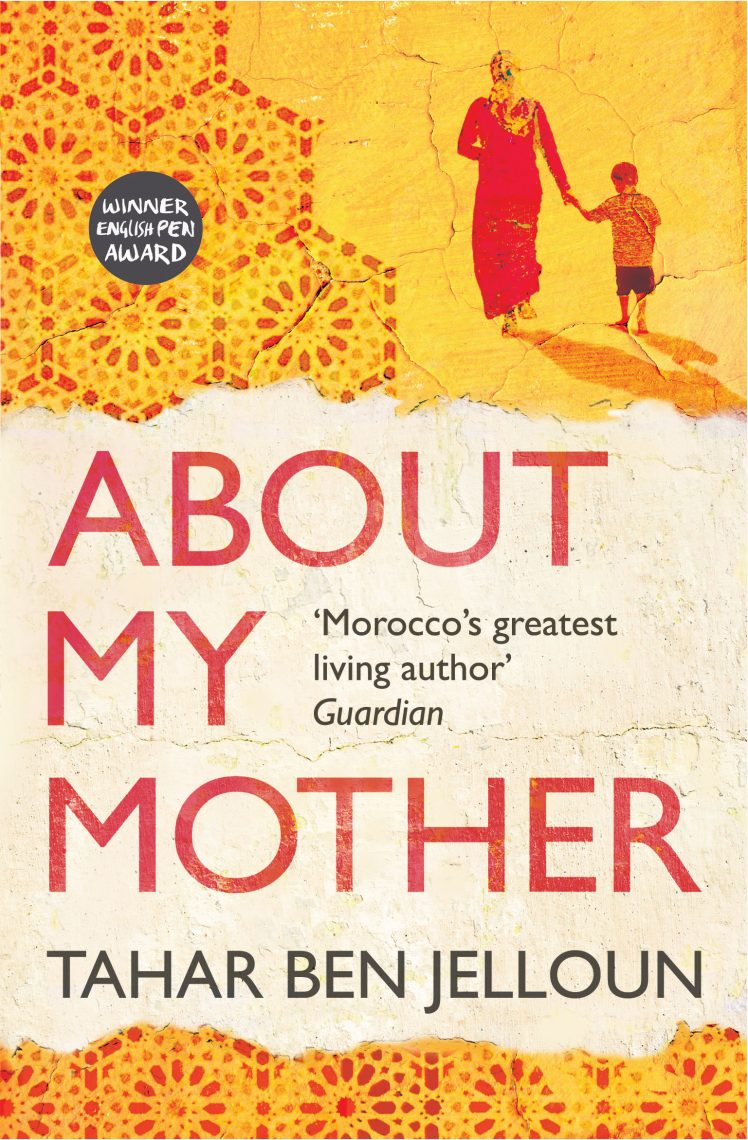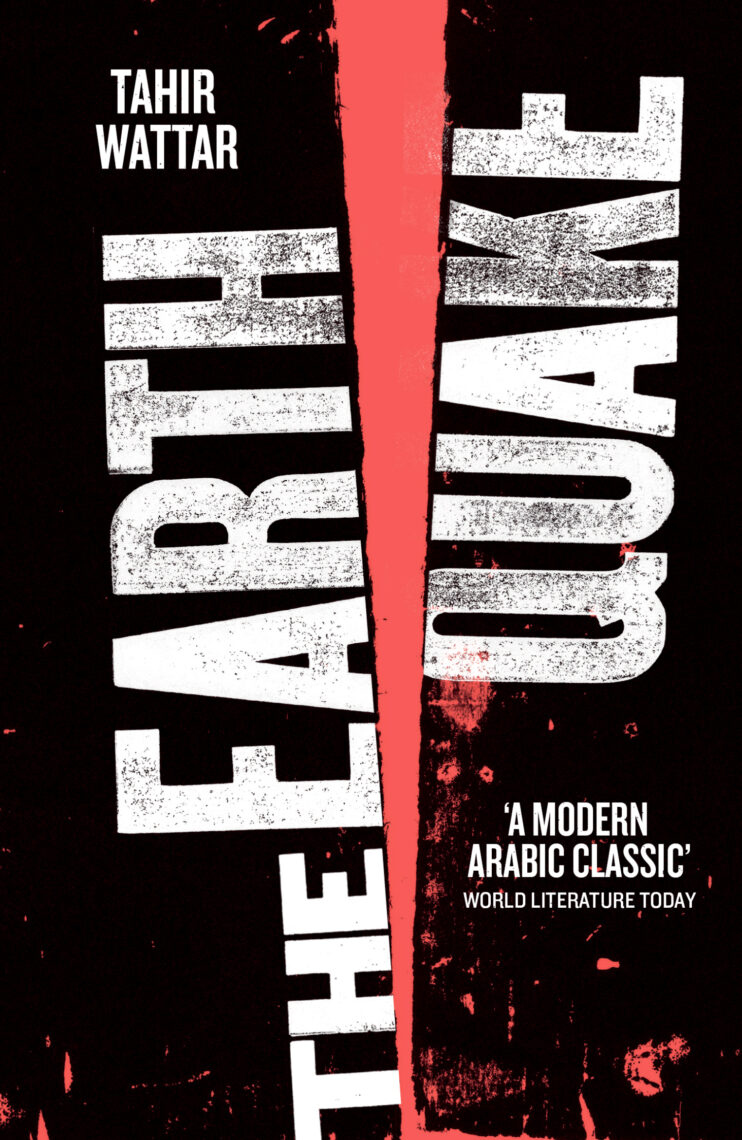
The Earthquake
Tahir Wattar
Translated by William Granara
About the Book
One afternoon, Sheikh Abdelmajid Boularwah embarks upon a journey in search of distant relatives. His immediate family are ruthless, rich and collaborate with colonial authorities. He hopes his long-lost relatives, who are unknown to the new Communist government, might be better placed to help him defraud it.
Through a labyrinth of back alleys and memories, Boularwah makes his way from Algiers across the seven bridges of Constantine, battling the forces of a rapidly changing society while confronting the demons of his own past.
The Earthquake offers a surrealist vision of post-colonial Algeria — a society in chaos, a world turned upside down. Written in the early 1970s, this classic work by pioneering novelist Tahir Wattar presciently foretells the dreadful events which would later besiege his country.
About the Author
Tahir Wattar (1969–2010) was a pioneer of the modern Arabic novel. Born into a Berber family in Sedrata, Algeria, he was a supporter of Arabisation in the wake of Algerian independence. In addition to his many novels, he wrote several plays and short stories. His works have been translated into French, Spanish and Italian and adapted for the theatre.
About the Translator
William Granara is professor of Arabic language and literature at Harvard University, and the former executive director of the Center for Arabic Study at the American University in Cairo. He is the founding director of Harvard Summer School’s program Postcolonial Studies: France and the Arab World and co-editor of the recently published The Thousand and One Nights: Sources and Transformations in Literature, Art, and Science.
Reviews
‘One of the modern Arabic classics’ World Literature Today
‘One of Algeria’s most influential writers … a foundational figure in the Arabophone novel’ Jadaliyya
‘Prophetic in its exposure of the misuse of religion for political purposes – a phenomenon that, in a different form, has caused so much tragedy in present-day Algeria.’ Middle East News
‘The republication of this classic Algerian novel is an important milestone in African literature’ Brittle Paper
